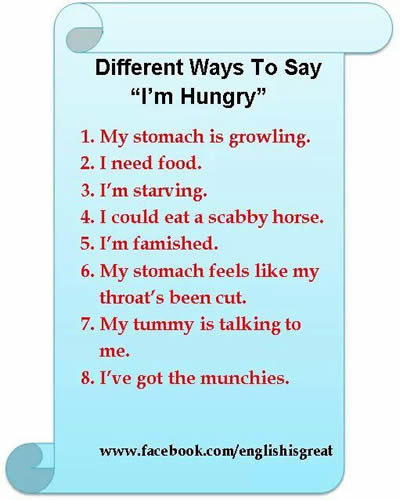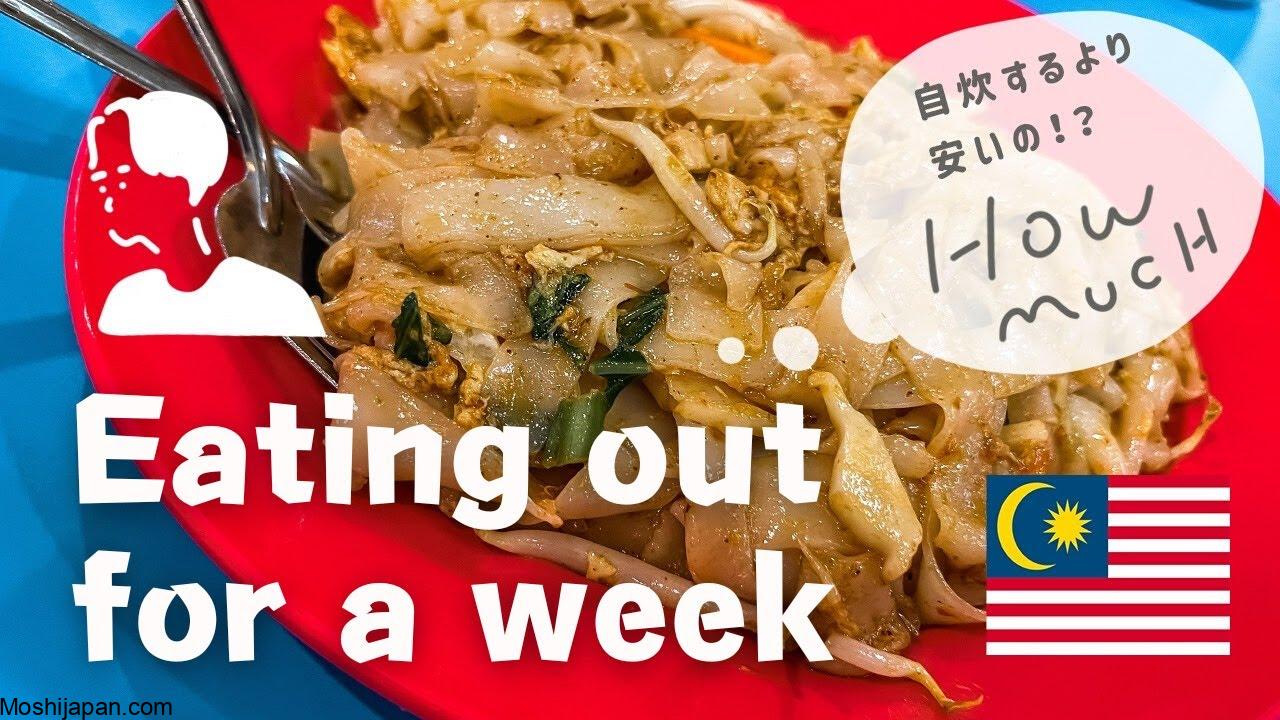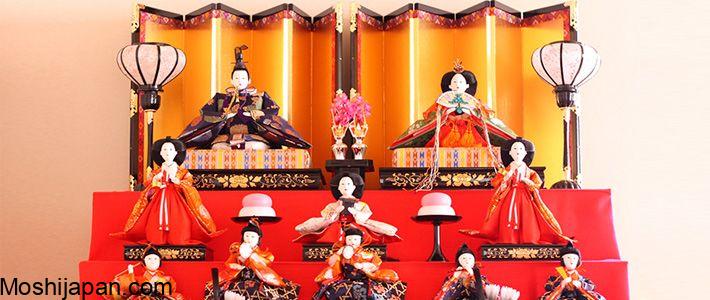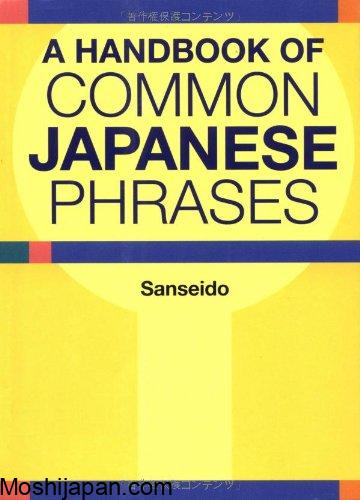Exploring Ways to Express Hunger in Japanese
Are you eager to learn how to express your hunger in Japanese? Look no further! At [Your Website Name], we are your go-to source for all things related to Japanese language and culture. In this comprehensive guide, we will delve into various ways to convey your hunger in Japanese, helping you navigate through the rich tapestry of expressions that this beautiful language offers.
Introduction to Japanese Hunger Expressions

Japanese, known for its intricate linguistic nuances, offers a plethora of ways to express hunger. Let’s start our journey by exploring some fundamental phrases:
- Onaka ga suita (お腹がすいた): This phrase is a straightforward way to say “I’m hungry” in Japanese. It literally means “my stomach is empty,” making it a clear and direct expression of hunger.
- Harahetta (腹減った): A more casual and colloquial way to say “I’m hungry” is “harahetta.” It’s perfect for informal settings and conversations with friends.
- Tabetai (食べたい): When you’re not only hungry but also craving a specific food, use “tabetai.” This phrase means “I want to eat” and allows you to specify your food desire.
- Onaka ippai (お腹いっぱい): On the flip side, when you’re full and can’t eat anymore, you can say “onaka ippai.” This expression means “my stomach is full.”
Politeness Matters: Adding Honorifics

In Japanese culture, politeness is highly valued, and the level of politeness in your speech can vary depending on the situation and your relationship with the person you’re speaking to. Here are some ways to express hunger politely:
- Onaka ga sukimashita (お腹がすきました): This is a polite version of “I’m hungry.” It’s suitable for formal occasions or when speaking to someone in authority.
- Go-han ga tabetai desu (ご飯が食べたいです): To express your desire to eat politely, you can use this phrase. The addition of “go” and “desu” adds a respectful tone to your request.
Expressing Hunger in a Cultural Context

Understanding the cultural context is crucial when communicating in any language, and Japanese is no exception. Here are some cultural nuances to keep in mind when expressing hunger:
- Oishii (美味しい): To express how delicious your meal is, use “oishii.” Japanese cuisine is renowned for its flavors, and this word will come in handy when enjoying a scrumptious meal.
- Itadakimasu (いただきます): Before you start your meal, it’s customary to say “itadakimasu” as a sign of gratitude. This phrase reflects the Japanese appreciation for food and the act of eating.
Regional Variations

Japan is a diverse country with various regional dialects and expressions. Depending on where you are in Japan, you might encounter different ways of expressing hunger. Here are a few regional variations:
- Osaka Dialect: In Osaka, people often use the phrase “harakara kitta” to mean “I’m starving.”
- Kyoto Dialect: In Kyoto, you may hear “onaka ga peko peko” to express hunger. It’s a charming and unique way of saying you’re hungry.
Hungry in Japanese Pop Culture

Japanese pop culture has made its mark worldwide, and you may have come across hunger expressions in anime, manga, or movies. Learning these phrases can be both fun and useful:
- Anime Phrases: Characters in anime often exclaim “meshi!” when they’re excited about a meal. It’s an informal way to express their eagerness to eat.
- Manga Expressions: Manga characters may use exaggerated phrases like “kuu~n” to depict their hunger visually. These expressions add depth to the story and character development.
Conclusion
In conclusion, expressing hunger in Japanese is not only about satisfying a basic need but also about immersing yourself in the rich culture and language of Japan. Whether you’re planning a trip to Japan or simply want to impress your Japanese-speaking friends, mastering these hunger expressions will undoubtedly enhance your language skills.
At [Your Website Name], we are dedicated to providing you with valuable insights into the Japanese language and culture. Stay tuned for more language tips, cultural guides, and everything else you need to embark on your Japanese language journey. Don’t forget to follow us for the latest updates on how to express your hunger in Japanese – you won’t want to miss it!
FAQ:
Q: How do I say “I’m hungry” in Japanese?
A: You can say “Onaka ga suita (お腹がすいた)” to express “I’m hungry” in Japanese.
Q: What is a polite way to say “I want to eat” in Japanese?
A: A polite way to say “I want to eat” is “Go-han ga tabetai desu (ご飯が食べたいです).”
Q: Are there regional variations in hunger expressions in Japan?
A: Yes, Japan has various regional dialects, and you might encounter different ways of expressing hunger in different parts of the country. For example, in Osaka, people often say “harakara kitta” to mean “I’m starving.”
Hungry in Japanese: Cultural Insights and Expressions
Welcome back to [Your Website Name], your trusted source for all things related to the Japanese language and culture. In this continuation of our exploration of hunger expressions in Japanese, we’ll dive even deeper into the cultural context and unique ways of conveying hunger in this fascinating language.
Kanji Characters for Hunger
To gain a more profound understanding of Japanese expressions for hunger, let’s take a closer look at the Kanji characters associated with this concept:
- 飢餓 (kiga): This Kanji combination represents “starvation” or extreme hunger, emphasizing the severity of one’s appetite.
- 空腹 (kuufuku): These characters stand for “empty stomach” and are often used to express a strong sense of hunger.
The Art of Food Description
Japanese cuisine is renowned for its meticulous attention to detail and aesthetics, and this extends to how they describe food. Here are some descriptive terms you might encounter:
- Umami (旨味): Umami is often described as the “fifth taste” alongside sweet, sour, salty, and bitter. It refers to the rich, savory taste found in foods like miso soup and soy sauce.
- Kanpai (乾杯): Before you dig into a delicious meal, it’s customary to raise your glass and say “kanpai,” which means “cheers.” This cultural tradition highlights the importance of shared meals in Japanese society.
Seasonal Hunger Expressions
Japanese culture places great importance on the changing seasons, and this is reflected in their language. Here are some hunger expressions tied to the seasons:
- Natsu-bate (夏バテ): During the hot summer months, it’s common to experience “natsu-bate,” a term used to describe a loss of appetite due to the heat.
- Fuyu-meshi (冬飯): In winter, when hearty meals are particularly satisfying, you might hear the phrase “fuyu-meshi,” which simply means “winter meal.”
Hierarchy in Hunger Expressions
Japanese language allows for a nuanced approach to expressing hunger based on the level of intensity. Let’s explore some hierarchical variations:
- Cho o-harame (超お腹目): When you’re extremely hungry, you can use this phrase to emphasize the intensity of your hunger. It’s a playful way to say you’re “super hungry.”
- Harahachibu (腹八分目): If you’ve eaten just enough to satisfy your hunger but not to the point of feeling overly full, you can use “harahachibu.” It means you’ve eaten to about 80% of your capacity.
Expressing Fullness
Just as there are various ways to express hunger, there are also multiple ways to convey fullness:
- Onaka ga ippai (お腹がいっぱい): This phrase means “I’m full” and is used to indicate that you’ve eaten enough.
- Betsu-bara (別腹): When you suddenly have room for a different type of food despite feeling full from your main meal, you can say you have “betsu-bara,” which translates to “separate stomach.”
Japanese Hunger in Popular Culture
Japanese expressions of hunger and food-related terminology have permeated popular culture worldwide. Here are some iconic examples:
- Ramen Noodles: Japanese ramen has a cult following, and the phrase “ramen tabetai (ラーメン食べたい)” meaning “I want to eat ramen” is recognized by food enthusiasts worldwide.
- Sushi: Sushi, with its precision and artistry, has inspired the term “sushi craving” – “sushi ga tabetai (寿司が食べたい),” expressing the desire to indulge in this delectable dish.
Conclusion
In this extended exploration of expressing hunger in Japanese, we’ve uncovered the intricate layers of language and culture that make Japanese expressions unique and fascinating. From the politeness of “go-han ga tabetai desu” to the intensity of “cho o-harame,” understanding these nuances will enrich your language skills and cultural awareness.
At [Your Website Name], we are committed to providing you with comprehensive insights into the Japanese language and culture. Whether you’re a language enthusiast, a traveler planning a trip to Japan, or someone seeking to connect with Japanese-speaking friends, our resources will empower you on your journey.
Stay tuned for more language tips, cultural guides, and everything you need to navigate the world of Japanese language and culture. Don’t forget to follow us for the latest updates on expressing hunger in Japanese – your linguistic adventure continues!
FAQ:
Q: What are the Kanji characters for hunger in Japanese?
A: The Kanji characters for hunger include “飢餓 (kiga)” and “空腹 (kuufuku),” representing starvation and an empty stomach, respectively.
Q: How do Japanese people describe food flavor?
A: Japanese cuisine often uses the term “umami” to describe the savory, rich taste found in foods like miso soup and soy sauce.
Q: Are there hunger expressions tied to the seasons in Japan?
A: Yes, Japanese culture has hunger expressions related to the seasons, such as “natsu-bate” for summer and “fuyu-meshi” for winter.
Q: How do you express being full in Japanese?
A: To express fullness, you can say “Onaka ga ippai (お腹がいっぱい)” or use “betsu-bara” to indicate having room for a different type of food despite feeling full from the main meal.
tag
- how to say i lovie you in japan 2024
- living in japan
- nice to meet you in japanese



0 Comments